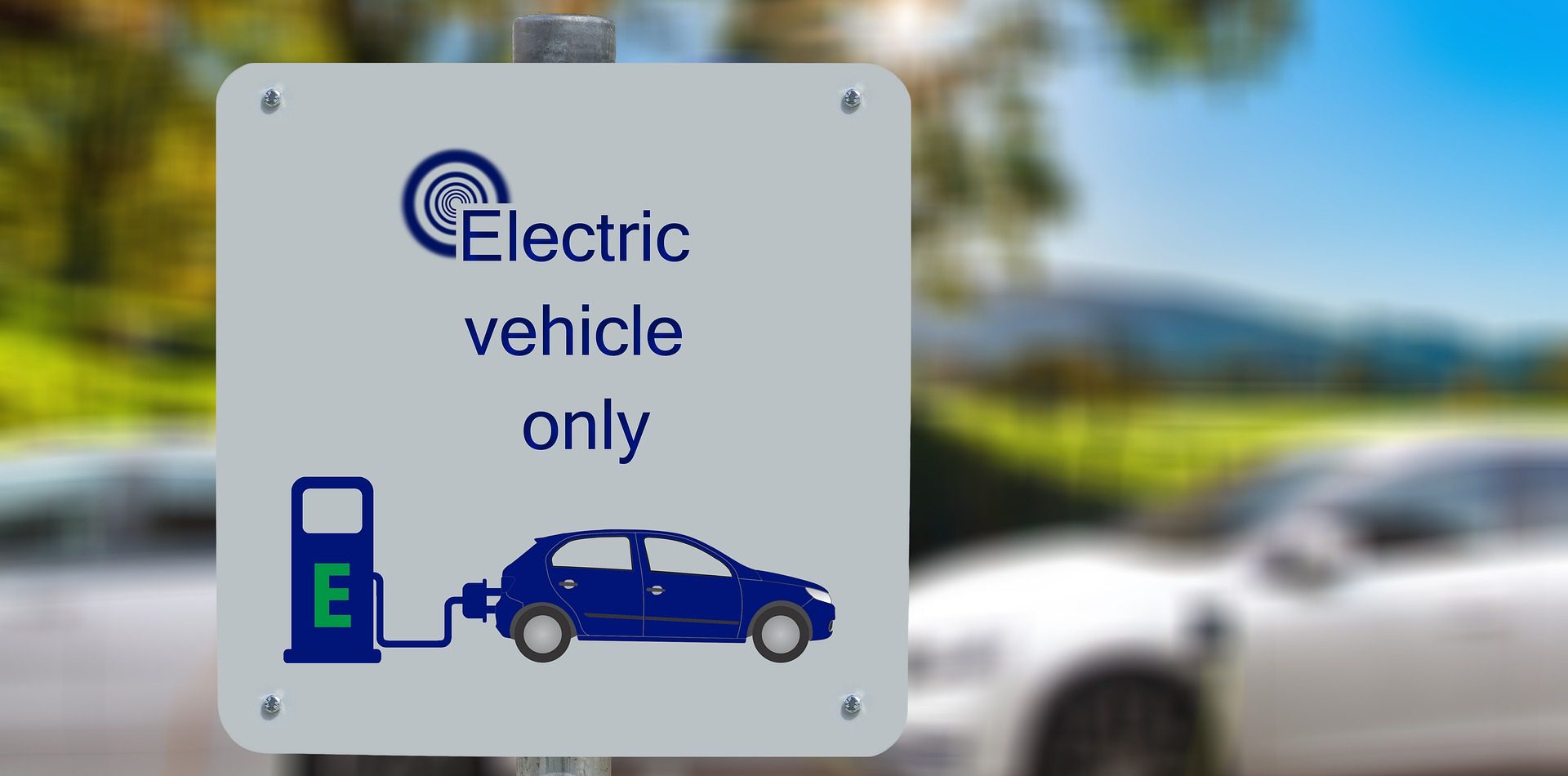In what is surely one of the more significant post-Brexit announcements, UK Prime Minister Boris Johnson has announced that the country will be going ICE-free, mandating electric vehicle sales as of 2035.
The ban on sales of new ICE vehicles, a ban that will put an end to sales of new gasoline, diesel or hybrid-electric vehicles, had already been prescribed for the year 2040, so the announcement amounts to a bumping up of some five years ahead of that initial expectation.
While not necessarily connected to this announcement, related news also hit of Tesla shares surging to $900. Analysts have put more credence to an announcement by Panasonic that its joint venture battery supply business was in the black for the first time.
The UK move is widely seen as politically motivated as UK Prime Minister Johnson has come under fire recently for remarks and inaction on climate change.
Prime Minister Boris Johnson is seeking to use the announcement to elevate the United Kingdom’s environmental credentials and made the announcement at the launch event a Glasgow U.N. Climate Change Conference planned for November known as COP26. “We have to deal with our CO2 emissions,” Johnson said at London’s Science Museum on Tuesday. “As a country and as a society, as a planet, as a species, we must now act.”
A statement from the UK government said that the date could occur earlier if a quicker transition was possible. Regardless of the timing the move is expected to have a significant impact on auto makers, and as a signal globally as a win for the electric vehicle.
Media reports have put the largest, most immediate effect on German auto makers where the UK represents a purported 20% of overall production from those manufacturers. And while all major manufacturers are expected to have electric vehicles long before that closeout date, the labour requirements to manufacture those vehicles are significantly less than for ICE and ICE-electric hybrid vehicles. So the impact on labour is where it will be felt most keenly.


0 Comments